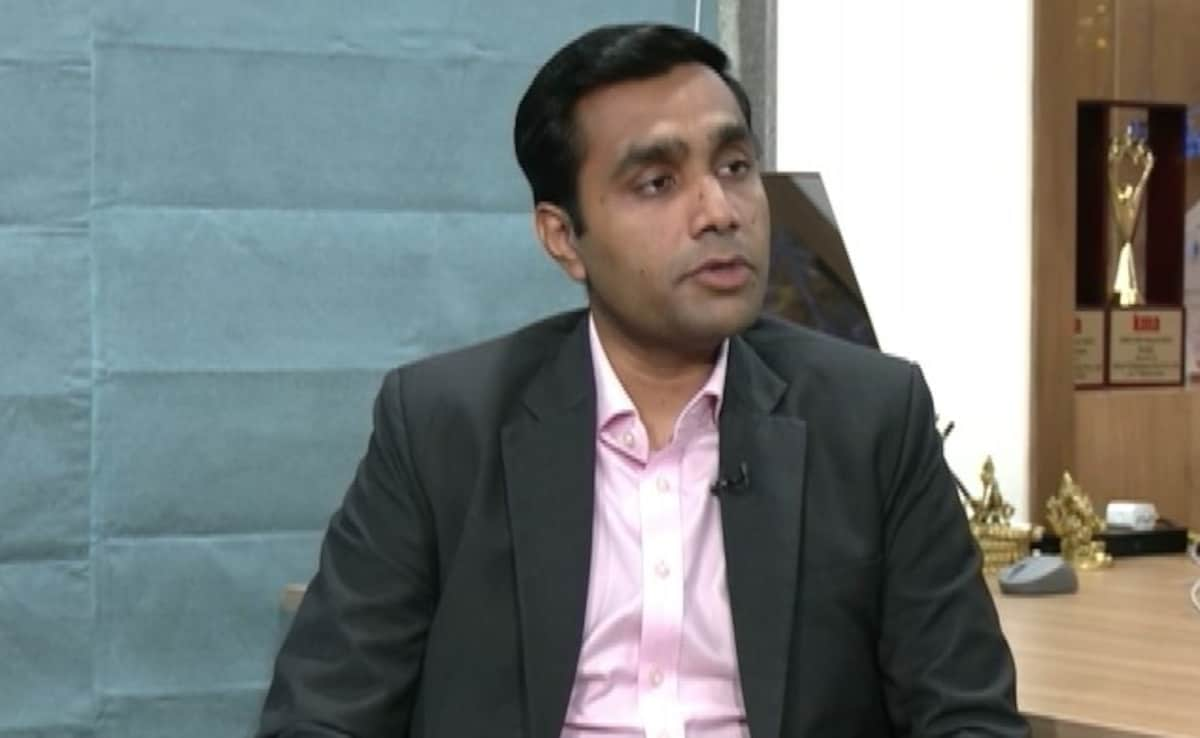The country’s first transshipment port Vizhinjam will reduce transshipment time by 30-40 per cent from approximately one month at present, Karan Adani, Managing Director of Adani Ports and SEZ Ltd (APSEZ), told NDTV on Friday.
The APSEZ port near Kovalam Beach in Kerala officially received its first mothership, a vessel called ‘San Fernando’, on Thursday, carrying over 2,000 containers. With San Fernando’s arrival, APSEZ’s transshipment Vizhinjam Port has catapulted India into the world port business.
“It (the port) is a showcase from a technology perspective as we have implemented AI (artificial intelligence), IoT (Internet of Things), video analytics, all kinds of tech to make operations most efficient,” Mr Adani said.
“Most Indian cargoes get transhipped to other parts of India and the world. This is an opportunity to bring cargoes of Indian exporters and importers into the country and help in reducing logistics cost. It will also help manufacturing companies to be more competitive at the global scale,” he said.
APSEZ expects at least 4-5 per cent drop in logistics cost with having a transshipment hub in the country.
Mr Adani said the Kerala government, the Centre and APSEZ invested Rs 8,800 crore into the port, out of which APSEZ paid a capex of Rs 3,600 crore.
“Going forward, once we get environment clearance for the whole masterplan, we will be looking at investing an additional Rs 20,000 crore by 2028-29,” he said.
The current capacity to handle cargo is one million boxes. Mr Adani said they can take it to 1.5 million boxes from the current phase. “We will take it to five million boxes by 2028-29,” Mr Adani said.
With the transshipment port right in the international trade route, the facility will create a hub and spoke system for Indian ports. “It will make India a hub to distribute to other ports. A lot of value addition can happen with transshipment, from a manufacturing perspective too. We are looking at reducing logistics cost for our customers and transit time because they don’t have to move to other international locations for transshipment,” Mr Adani said. “The transshipment time period can be reduced by 30-40 per cent (from a month earlier),” he added.
On the locations that APSEZ is eyeing, he said the company is more focussed on South East Asia, East Africa, Middle East, Bay of Bengal and Bangladesh. “We are looking at countries with a high manufacturing or consumption base. The idea is that from a trade perspective how do you make Indian ports the hub and supply from them to all these countries?” he said.
APSEZ aspires to handle 1 billion tonnes of cargo by 2030, of which nearly 900 million tonnes will be from India. “We will achieve this is India’s economy reaches the $5 trillion mark. We are indirect beneficiaries of the country’s growth. We would look at expanding our capacities across all our 14 ports and give better service to customers,” he said.












